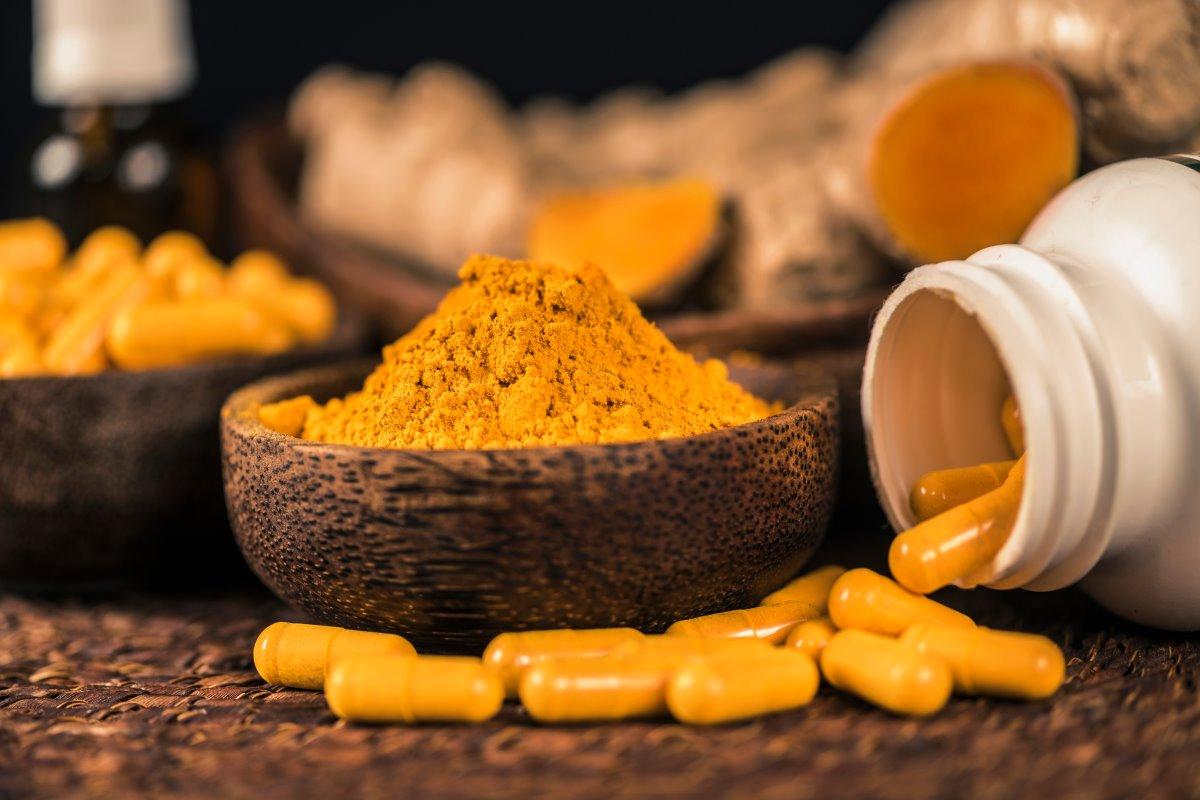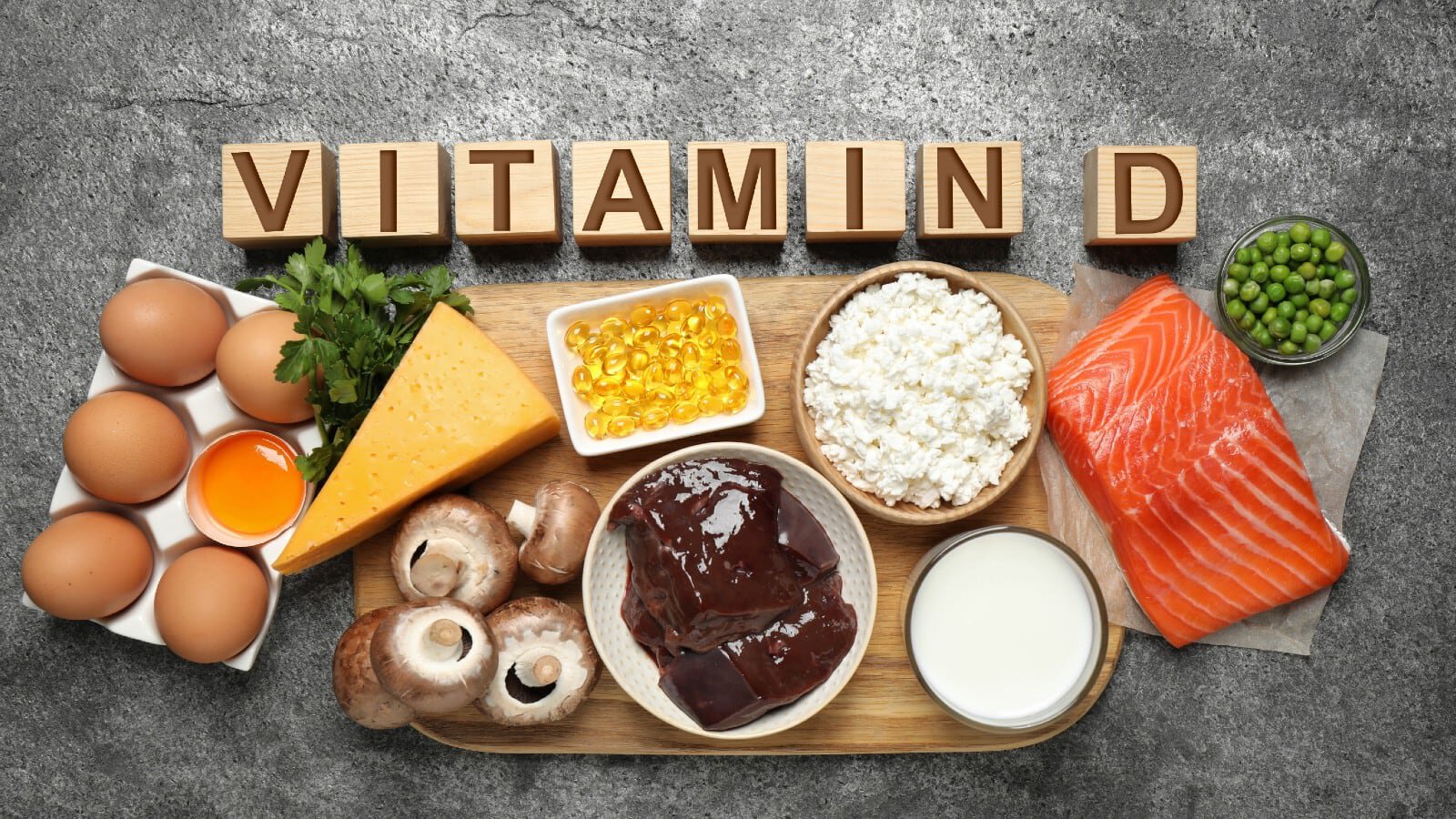
Dr. Ashwini
03-01-2025
The Best Anti-Cancer Supplements for a Healthy Lifestyle
A healthy lifestyle is a cornerstone of cancer prevention, and supplements can play a supportive role in maintaining overall well-being. While no supplement can cure or prevent cancer on its own, certain nutrients have been shown to support the body’s defenses, reduce inflammation, and protect cells from damage. Incorporating these supplements into a balanced diet can complement a healthy lifestyle and contribute to better health.
Here’s a closer look at some of the best anti-cancer supplements and how they can benefit you.
1. Curcumin (Turmeric Extract)
Curcumin, the dynamic compound in turmeric, is a strong cell reinforcement with mitigating properties. Studies suggest that curcumin may help prevent the growth of certain types of cancer cells and reduce inflammation, which is a known contributor to cancer development.
How It Helps:
- Kills free revolutionaries to safeguard cells from oxidative harm.
- Inhibits the growth of tumor cells.
- Reduces inflammation linked to cancer progression.

How to Use: Look for curcumin supplements with piperine (black pepper extract) to enhance absorption.
2. Green Tea Extract (EGCG)
Green tea contains a potent antioxidant called epigallocatechin gallate (EGCG), which has been extensively studied for its potential anti-cancer properties. It helps in reducing the spread of cancer cells and protecting healthy cells from DNA damage.
How It Helps:
- Inhibits tumor growth and angiogenesis (formation of new blood vessels in tumors).
- Supports detoxification pathways in the liver.
- Boosts the immune system.
How to Use: Enjoy green tea daily or take a standardized green tea extract supplement.
3. Vitamin D
Vitamin D assumes a basic part in resistant framework guideline and cell wellbeing. Low levels of vitamin D have been linked to an increased risk of various cancers, including breast, colon, and prostate cancers.
How It Helps:
- Promotes healthy cell growth and differentiation.
- Regulates inflammation and immune responses.
- May decrease the gamble of malignant growth improvement and movement.

How to Use: Get your vitamin D levels checked and supplement as recommended, especially if you have limited sun exposure.
4. Omega-3 Fatty Acids
Omega-3 fatty acids, found in fish oil and flaxseed oil, have anti-inflammatory properties that can help reduce chronic inflammation, a key factor in cancer development.
How It Helps:
- Reduces inflammation in the body.
- Inhibits cancer cell proliferation.
- Supports heart and brain health, which contributes to overall well-being.
How to Use: Include fatty fish like salmon in your diet or take a high-quality fish oil supplement.
5. Selenium
Selenium is a trace mineral that supports the body's antioxidant defenses and has been linked to cancer prevention. It works synergistically with other antioxidants like vitamin E to protect cells from oxidative stress.
How It Helps:
- Neutralizes free radicals that damage DNA.
- Enhances the immune system’s ability to fight cancer.
- May bring down the gamble of specific tumors, including prostate and colorectal diseases.
How to Use: Selenium-rich foods like Brazil nuts can provide sufficient levels, or opt for a selenium supplement if needed.
6. Resveratrol
Resveratrol, a compound found in red grapes, berries, and peanuts, is known for its antioxidant and anti-inflammatory properties. Research indicates it may have protective effects against cancer by targeting cancer cell growth.
How It Helps:
- Prevents DNA damage from oxidative stress.
- Inhibits tumor cell proliferation and angiogenesis.
- Enhances the body’s detoxification pathways.

How to Use: Look for resveratrol supplements or enjoy foods rich in this compound, like red wine (in moderation) and berries.
7. Milk Thistle (Silymarin)
Milk thorn is a famous spice known for its liver-supporting properties. A healthy liver is essential for detoxifying carcinogens and maintaining overall health.
How It Helps:
- Shields liver cells from harm brought about by poisons and free extremists.
- Supports the body’s natural detoxification processes.
- May slow the growth of certain cancer cells.
How to Use: Take a standardized milk thistle supplement for maximum benefit.
8. Coenzyme Q10 (CoQ10)
CoQ10 is a powerful antioxidant that supports cellular energy production and protects cells from oxidative damage. Low levels of CoQ10 have been observed in some cancer patients.
How It Helps:
- Neutralizes free radicals that can damage cells.
- Enhances energy production in healthy cells.
- May reduce treatment-related side effects in cancer patients.
How to Use: CoQ10 supplements are available in both ubiquinone and ubiquinol forms; consult a healthcare provider to determine the best option for you.
9. Probiotics
A healthy gut microbiome is essential for overall immunity and can influence cancer risk. Probiotics help maintain a balanced gut microbiota, which can support immune function and reduce inflammation.
How It Helps:
- Strengthens the immune system to fight off harmful pathogens.
- Reduces chronic inflammation.
- Promotes better digestion and nutrient absorption.
How to Use: Include fermented foods like yogurt, kefir, and sauerkraut in your diet, or take a high-quality probiotic supplement.
10. Antioxidant-Rich Multivitamins
A comprehensive multivitamin with antioxidants like vitamins A, C, and E can fill nutritional gaps and support the body’s defense mechanisms against oxidative stress.
How It Helps:
- Protects cells from free radical damage.
- Supports overall health and immunity.
- Provides essential nutrients that may be lacking in the diet.

How to Use: Choose a multivitamin tailored to your age and health needs, ensuring it contains antioxidants and essential minerals.
Important Considerations
While supplements can provide valuable support, they are not a substitute for a healthy diet, regular exercise, and medical care. Here are some tips to maximize their benefits:
- Consult a Healthcare Professional: Always talk to your doctor before starting any supplement, especially if you are on medication or have an existing health condition.
- Focus on Whole Foods: Supplements work best when paired with a nutrient-rich diet full of fruits, vegetables, whole grains, and lean proteins.
- Avoid Over-Supplementation: Taking too much of certain nutrients can be harmful, so follow dosage recommendations.
Final Thoughts
Incorporating the right supplements into your routine can complement a healthy lifestyle and provide additional protection against cancer. However, the foundation of cancer prevention lies in a balanced diet, regular exercise, stress management, and routine medical check-ups. Supplements are just one piece of the puzzle, but they can make a meaningful difference when used wisely.
FAQs:
1. What are anti-cancer supplements?
Anti-cancer supplements are natural or synthetic products believed to have properties that support the immune system, reduce inflammation, or help combat cancer cell growth. They are often used alongside conventional treatments for supportive care
2. What are the best supplements with potential anti-cancer properties?
- Curcumin (from Turmeric): Has anti-inflammatory and antioxidant properties that may inhibit cancer cell growth.
- Green Tea Extract (EGCG): Contains polyphenols that may protect cells from damage and reduce tumor growth.
- Vitamin D: Linked to cancer prevention, especially colorectal and breast cancer.
- Omega-3 Fatty Acids: May reduce inflammation, which is associated with cancer progression.
- Resveratrol (from Grapes): An antioxidant that may prevent cancer cell proliferation.
- Mushroom Extracts (e.g., Reishi, Maitake, Shiitake): Enhance immune function and may have anti-tumor effects.
- Sulforaphane (from Broccoli Sprouts): Known for detoxification and potential anti-cancer effects.
- Probiotics: Support gut health, which is crucial for immune system function.
3. How does Vitamin D help with cancer prevention?
Vitamin D regulates cell growth and differentiation. Low levels of vitamin D have been associated with an increased risk of certain cancers, including breast, prostate, and colon cancers.
4. Can antioxidants prevent cancer?
Antioxidants like vitamin C, vitamin E, and selenium help neutralize free radicals, which can damage cells and lead to cancer. However, high doses of antioxidant supplements may interfere with cancer treatments, so moderation is key.
5. What role does green tea play in cancer prevention?
Green tea contains catechins like EGCG, which have antioxidant and anti-inflammatory effects. These mixtures might restrain cancer development and diminish the gamble of specific tumors.
6. Are there specific mushroom supplements for cancer support?
Medicinal mushrooms such as Reishi, Turkey Tail, and Maitake are known for their immune-boosting and anti-tumor properties. Polysaccharides and beta-glucans in these mushrooms are believed to stimulate the immune system.
7. How do omega-3 fatty acids help?
Omega-3 fatty acids, found in fish oil and flaxseed, may reduce inflammation and inhibit cancer cell growth, particularly in breast and colon cancers.
8. Can probiotics reduce cancer risk?
Probiotics support gut health and enhance immune function. A balanced gut microbiome may lower the risk of colorectal cancer and improve overall health.
9. What is the role of turmeric and curcumin in cancer?
Curcumin, the active ingredient in turmeric, has anti-inflammatory and antioxidant properties. Studies suggest it may reduce the growth of cancer cells and prevent metastasis.
10. What are the best natural sources of anti-cancer compounds?
- Cruciferous Vegetables: Broccoli, cauliflower, and kale contain sulforaphane.
- Berries: Blueberries and raspberries are rich in antioxidants.
- Garlic: Contains allicin, which may inhibit cancer cell growth.
- Nuts and Seeds: Wealthy in selenium and omega-3 unsaturated fats.


